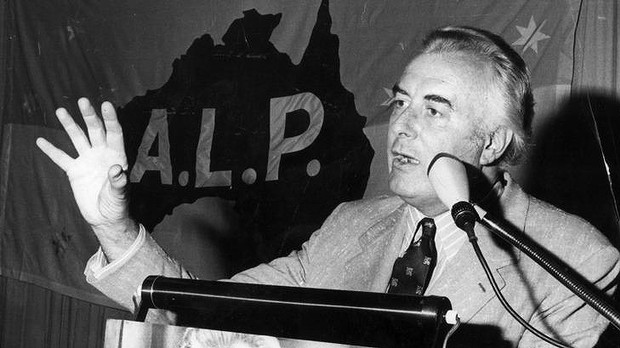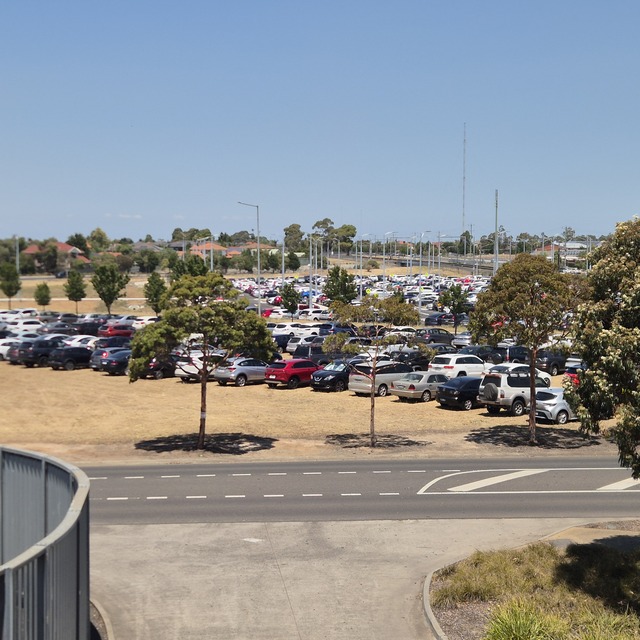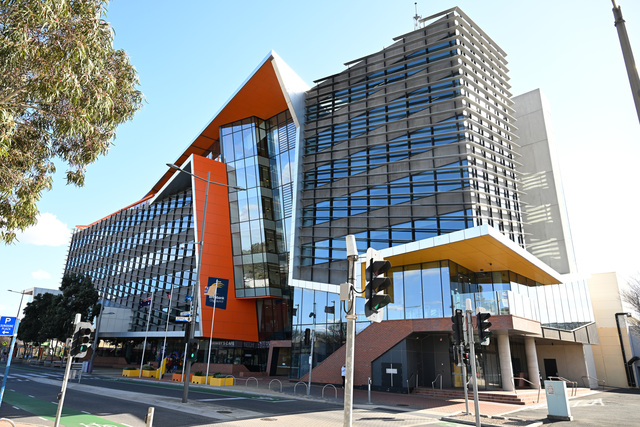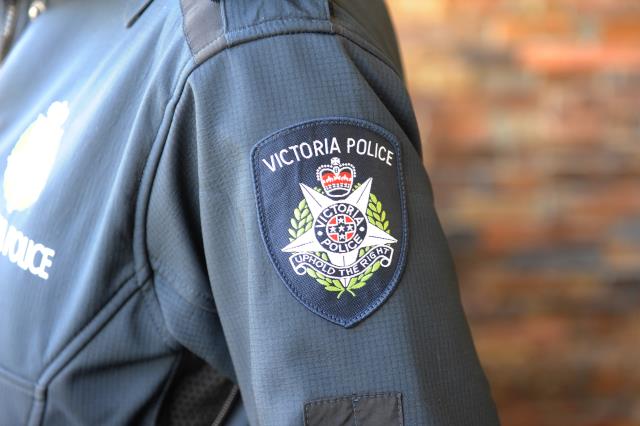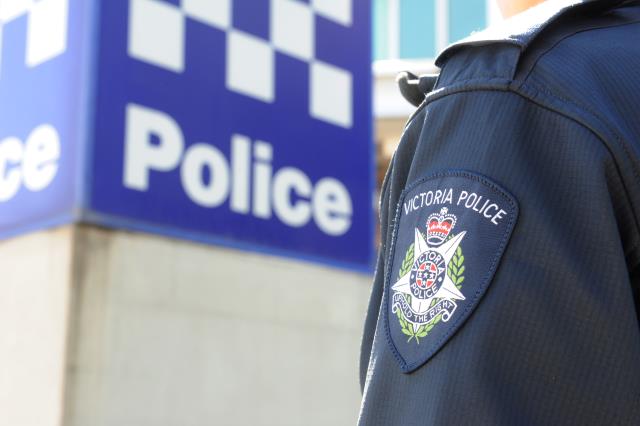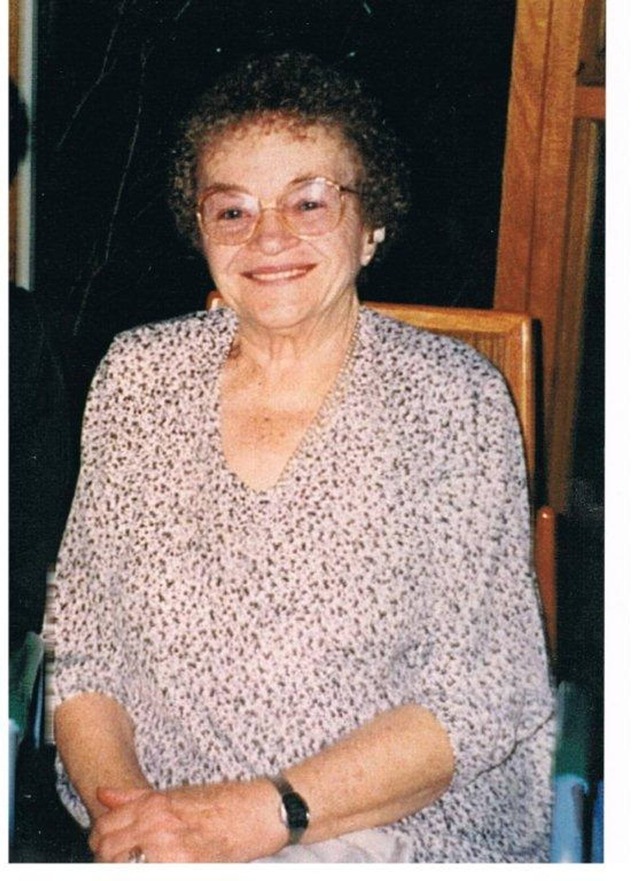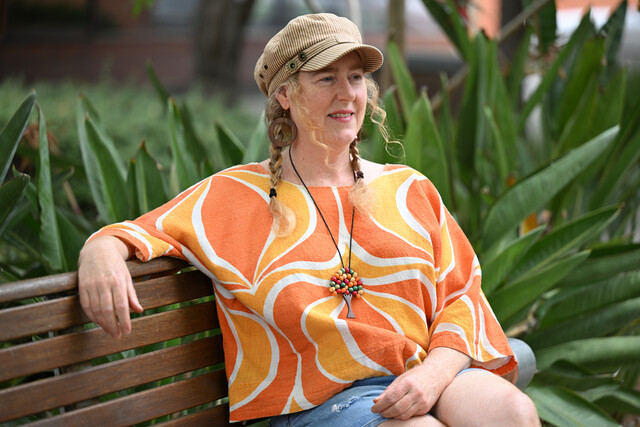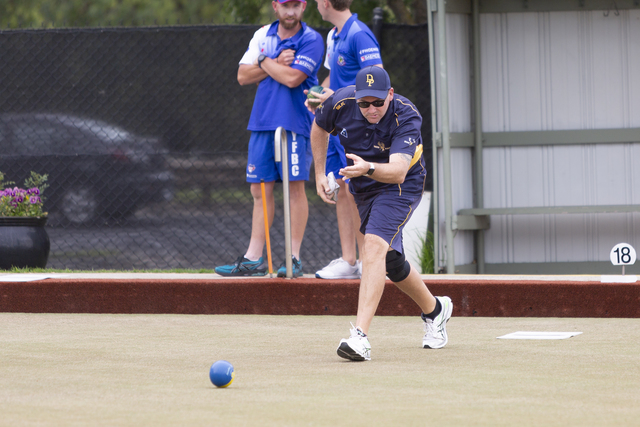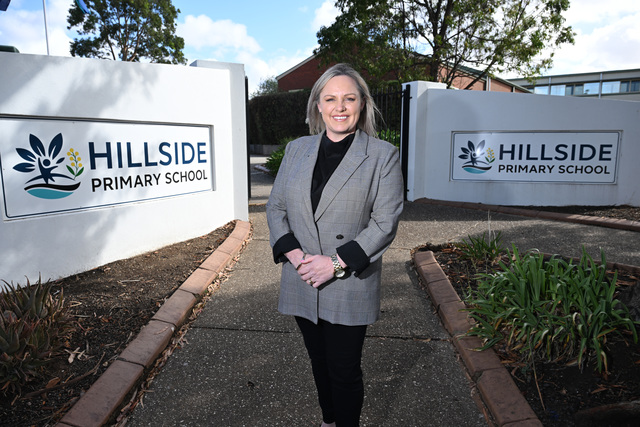SEE VIDEO BELOW
UPDATE: Former prime minister Gough Whitlam has died.
His children Antony, Nicholas and Stephen Whitlam and Catherine Dovey issued a statement on Tuesday morning.
“Our father, Gough Whitlam, has died this morning at the age of 98,” the statement said. “A loving and generous father, he was a source of inspiration to us and our families and for millions of Australians.”
Mr Whitlam led Labor to victory in 1972 after the party had spent 23 years out of government. He won another election 18 months later, but the government was controversially dismissed by governor-general Sir John Kerr in 1975, and subsequently lost the federal election.
His government introduced a number of major reforms, including the abolition of university fees and greatly increased spending on education and pensions, as well as the establishment of Australia’s first national health insurance scheme. His government was however badly damaged by budgetry woes and scandals including the Loans and Morosi affairs.
Prime Minister Tony Abbott led the tributes on Tuesday.
“Gough Whitlam was a giant of his time,” Mr Abbott said in a statement.
“He united the Australian Labor Party, won two elections and seemed, in so many ways, larger than life.
“In his own party, he inspired a legion of young people to get involved in public life.
Mr Abbott also paid tribute to the late Margaret Whitlam and her contribution and leadership alongside Gough.
“Gough Whitlam’s life was inseparable from that of Margaret Whitlam. Margaret Whitlam was a leading light for women of her generation. Together they made a difference to our country.
“On this day we honour a life of service to our country.”
Labor leader Bill Shorten praised Mr Whitlam.
“Regardless of one’s policies the nation has lost a legend … He redefined our country and in doing so he changed the lives of a generation.”
Mr Shorten said Mr Whitlam offered Australians a “new sense of what [Australia] might be”.
“He reimagined Australia as a modern nation where equality of opportunity belonged to all.”
Mr Shorten said the Labor party had “lost a giant” with Gough’s passing.
Mr Whitlam “redefined our country” like no other prime minister “before or since”, he said.
“He changed the lives of a generation.
“Gough fought the good fight, and Labor will continue that fight in his honour,”
Former Labor prime minister Paul Keating paid tribute to Mr Whitlam with a statement.
“Gough Whitlam changed the way Australia thought about itself and gave the country a new destiny. A more inclusive and compassionate society at home – a more engaged and relevant country abroad.
“He snapped Australia out of the Menzian torpor – the orthodoxy that had rocked the country asleep, giving it new vitality and focus. But more than that, bringing Australia to terms with its geography and place in the region.
“Along his journey he also renovated the Labor Party, making it useful again as an instrument of reform to Australian society.
“He will missed by all who identified with his values and determination to see Australia a better place. But no one will miss him more than his family.”
Former Labor prime minister Julia Gillard honoured Mr Whitlam “as a man of the highest political courage” and “a giant of his era”.
“Gough will live always in our nation, which he transformed throughout his long public life,” she wrote in a blog post for Guardian Australia.
“He is alive in our universities and the many lives he changed by giving free access to university education, my life included in that count.
“Alive in Medicare and the uniquely Australian health system we now take for granted,” she said.
Former Labor prime minister Kevin Rudd said Mr Whitlam had been an extraordinary statesman and an “exemplar for us all”.
“Some also forget his political courage, profound foresight and sheer statesmanship when as leader of the opposition, in the anti-Communist hysteria of the time, he visited China, met Mao and Zhou Enlai, and undertook to recognise China if elected in 1972. Which promptly he did,” he said.
Parliament suspended
Attorney General George Brandis announced the suspension of the regular parliamentary sittings for Tuesday as well as Senate estimates, in line with precedent.
“This is extremely sad and consequential day in our history,” Senator Brandis said.
Senator Brandis said the government would follow the historical precedent of a former prime minister dying while parliament was sitting, Sir John Gorton.
Mr Abbott is expected to move a condolence motion in the House at midday with eight speakers from each of the major parties likely to make statements.
The House will then rise for the rest of the day as a mark of respect which means there will be no question time.
Mr Abbott said he had instructed all flags be flown at half mast on Tuesday and on the day of Mr Whitlam’s state memorial service.
The Australian Labor party has opened a condolence book online.
Tribute from rival
Father of the House Philip Ruddock, who is the only sitting federal MP who served with Mr Whitlam after being elected in 1973, paid warm tribute to the former prime minister.
Mr Ruddock said that after John Howard, Mr Whitlam was the former prime minister with whom he had been most connected.
“I’ve known prime ministers since Ben Chifley, I saw a lot of McMahon, Gorton and Holt and Menzies, most gone by the time I really had been in politics for a while.
“John Howard is my closest friend among former prime ministers and Gough Whitlam is probably the next, perhaps surprisingly.
“My election as the member for Parramatta [in 1973], it was a very adversarial byelection, it was when Billy Snedden was making ground and we got a huge swing. But it was primarily because he proposed Galston as the second airport for Sydney and that caused a great deal of anxiety that could be very easily exploited.
“He forgave me for beating him. In his very magnanimous way he would say ‘comrade, that’s the way it had to be’.”
Mr Ruddock said that among former prime ministers, Mr Whitlam was the “most aware of Australia’s cultural diversity”.
“Some of that was probably because he represented Werriwa, but I would continue to see him at events, particularly among people from Serbia, Croatia, Bosnia, I would see him at Chinese occasions, and that’s not something you would see generally.
“He became very affectionate to my wife, he thought of her as more likely to be a comrade than me.
“I liked Gough Whitlam, he was a gentleman who believed in what he believed but it didn’t interfere with the personal relationships. I think he was very dignified, given the way the dismissal occurred … he added great colour and lustre to Australia and he will be sorely missed.”
Govenor-General Peter Cosgrove described Mr Whitlam as a “towering leader” who made a significant contribution to “the life of our nation”.
“His legacy endures today,” he said.
– with James Massola

